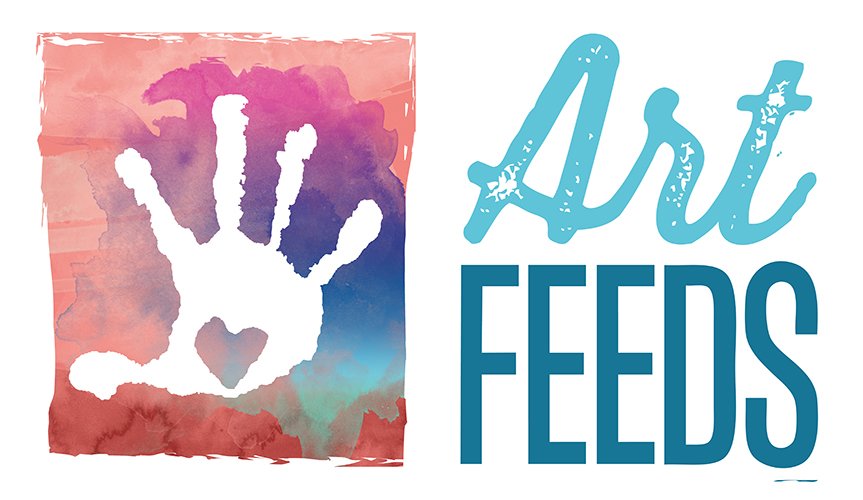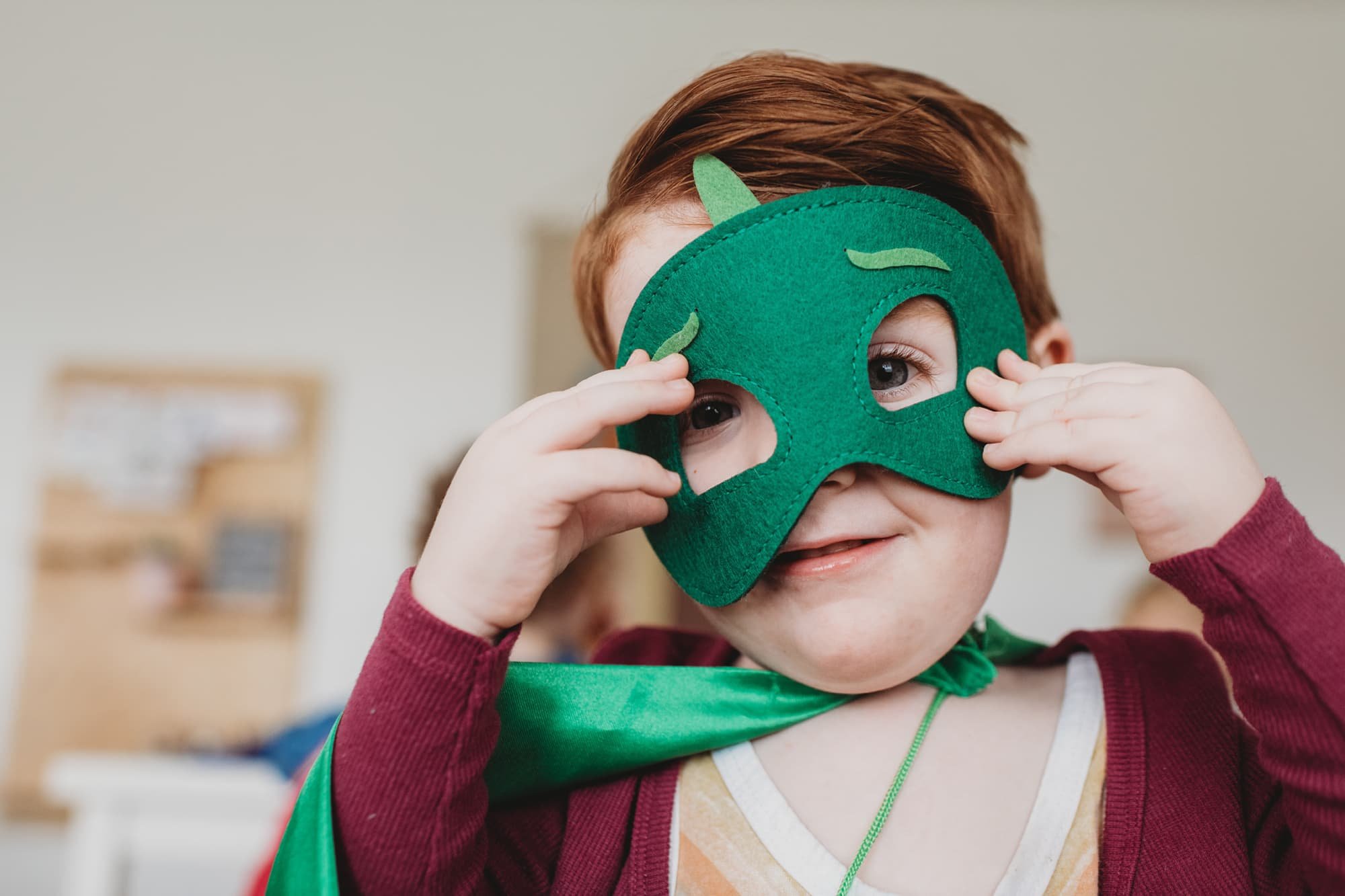How Theatre in the Classroom can increase students' Social Emotional Skills
There’s a common misconception that only a select few have the ability to be creative and that it’s also nearly impossible to learn or teach. This couldn’t be further from the truth. No matter the career or the situation, everyone uses creativity in various ways. We use creativity in our everyday life like by thinking of new ideas or coming up with solutions to problems. One way we develop and strengthen our attainable creativity is through arts education. The benefits are unbelievably rewarding for those who participate in the arts. It provides skills that aren’t usually taught in other classes. I believe that all children should explore the arts. As a student of Theatre, I can say that this path has challenged me to grow in ways unimaginable doing so in any other setting. Theatre is what to credit for benefits such as: self-awareness, teamwork, confidence, and most importantly, it works those creativity muscles that every individual needs. As a Theatre advocate, I believe children should be given opportunity to develop these skills and learn activities to help grow these skills. Using your imagination and creativity consistently only makes you better at it, just like any other skill.
At Art Feeds, we value theatre for its ability to evoke personal and societal change. Storytelling is an entertainment vehicle used to communicate ideas. These ideas challenge us to think in different perspectives. This can be used universally for any career path, too. We value how theatre encourages us to explore emotional expression. Knowing how to identify feelings and reacting to their needs is a highly challenging skill that adults struggle with. Not only do these skills have value, just like any other school-taught lesson, but it trains you with techniques transferrable for any scenario. People learn in all kinds of ways, and some paths spark passion in some more than others. The same way students can work hard and excel in STEM classes is reflective of theatre, too. Theatre can teach everyone lessons that aren't taught in other classes. The benefits last a lifetime.
One of the most common skills that is required for any circumstance, including theatre, is teamwork. This theatre activity can be used to exhibit the typical roles within a group project. This improvisation game makes the students think on their feet, use their imagination, and demonstrate firsthand how the activity makes each of the students feel. With interactive discussions during theatre this game, students can learn a lot about themselves and their partners.
No/ Yes but.../ Yes and… Activity
This example demonstrates different ways one can communicate and allows for the students to take turns on what it's like to be either role in a group setting. Here’s a step by step of an exercise that can be easily used in the classroom.
Step 1: In pairs, one student will be the idea-maker and the other student will be the respondent. The objective can be to work together to answer a prompt that’s something like: “Plan your dream-birthday party!” or “What would your dream-vacation look like?”
Step 2: The student that is the idea-maker's role is to ask the other student questions relating to their chosen question. They will use their imagination to answer. “Can we have elephants at my birthday party?” “Chocolate cake is my favorite; can we have that at my birthday party?” and so on.
Step 3: The other student’s only job is to reply with “no.” No matter how excited the other student is about their idea, the other student will reject it. They can take turns being the idea-maker and the respondent.
Step 4: There can be a discussion on how it feels being told no to their ideas that they’re excited about, as well as how it feels to be the one that tells someone no. How does this help the group?
Step 5: They’ll do the same activity with transitioning from answering the idea-maker with “no”, to “yes but...” and finishing the sentence with an alteration to the idea in a way that deters from their initial idea. For example: “Yes we can have cake, but MY favorite is vanilla.” or “yes but instead of elephants, we can have ducks.” They’ll take turns here, too. There can be a discussion here, too, on how it feels to change the idea but still feeling stuck and like there is so much sacrifice and unclear goals between the partners.
Step 6: Lastly, they’ll apply the final component of responding with “Yes and...” and finishing the sentence with an idea that compliments or adds to the idea. It can be like “Yes and we can have chocolate cupcakes with the chocolate cake!” or “Yes and we can ride into the party on the elephants, too!” This allows the students to use their imagination to work on an idea that they may have not made themselves. It demonstrates collaboration and cooperation that displays the different types of roles on plays in a group. Which role do we want to be?
*Note: Best for 1st-5th grade students.
Lessons learned from this activity:
This activity hits on 4 Social Emotional Skills: Self-Awareness, Self-Management, Social Awareness, and Relationship Skills. Through this exercise, students are asked to pay attention to their own feelings when their partner responds positively or negatively to their idea. Self-Management is practiced as students decide what to do when frustration or joy arises in the activity. Social awareness is achieved through the discussion of each partner as they explain their emotions to each other, which can then be reflected in real life social situations. Lastly, relationship skills are encouraged as the two partners communicate with each other.
It’s difficult working in a group. Everyone has had some wonky workplace or classroom group project that did not go well, and it feels as though there was no resolution. This activity helps students understand, like many life skills, that becoming a team player needs to be practiced with accounts of success and failure. All skills, such as this one, must be practiced in order to strengthen them. Theatre explores collaboration and cooperation within groups, including acting as the roles exemplified through this activity.
Students will practice communication with one another in conflict-resolution. Discussing how this felt, students can better understand feelings outside of themselves. They experience themselves the positive and negative emotions that come with each level of the activity. They use that experience to talk about their own emotions and how they affect someone else’s feelings.
The hard work, failures, and successes that come with theatre teaches resilience and the ability to have faith in oneself. Through this activity, there’s opposing forces between the pair. However, this game can also accentuate the joys of creating big ideas and collaborating with someone else. The excitement that comes from collaborating with others is great!
I love theatre and believe everyone can learn something from it. Skills, like teamwork, communication, understanding, patience, resilience, are universal and help develop well-rounded individuals. Teaching these skills to children sets students up for success in group settings, interpersonal relationships, and grows self-awareness. The importance of the arts is significant, and through theatre, there are countless valuable lessons that can be learned.
Audrey Romero is an undergraduate student at the University of Arkansas and an intern at Art Feeds. She is currently studying Theatre Performance, Communications, and Latin American and Latino Studies. She can be found acting in local productions, teaching children’s theatre on weekends, and reading beside her dog any chance she gets.
Photo by: Jessica Rockowitz via Unsplash


